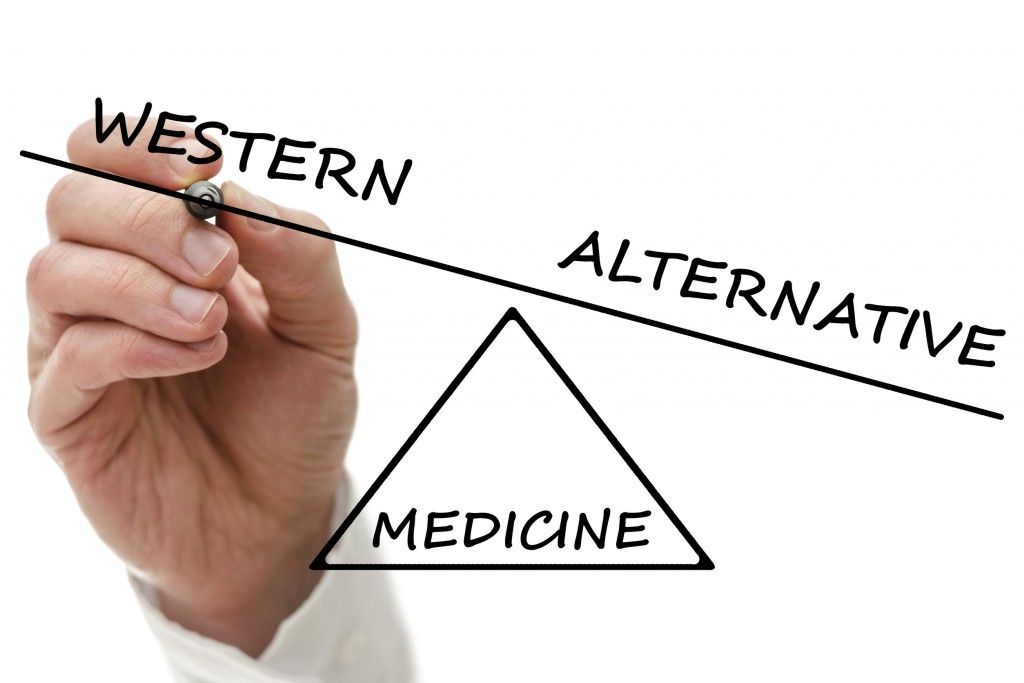Anyone with a Netflix subscription, or just access to YouTube can delve into the world of nutritional documentaries and other “alternative” philosophies pertaining to the healthcare industry. Films like Food Matters try to outline the ills of the medical world and agricultural industries of the United States, bringing attention to the country’s chronic lack of healthy habits.
With the modern emphasis on everything we eat being a gluten-free, certified organic, non-GMO, nutrient dense, superfood, it would be nice to know who the professionals in this field really are and how they practice. As an allied health professional, it’s likely that you’ve encountered what has come to be known as nutritional therapy.
In general, you’d assume that a nutritional therapist would practice under the accepted framework for clinical nutrition, similar to a dietitian, or even a nutritionist. According to the University of Maryland Medical Center, clinical nutrition refers to:
“The science of nutrients and how they are digested, absorbed, transported, metabolized, stored, and eliminated by the body. Besides studying how food works in the body, nutritionists are interested in how the environment affects the quality and safety of foods, and what influence these factors have on health and disease.”
That is all well and good, but if a patient ever needed dietary advice and trusted nutritional information, who would you send them to first: a dietitian, a nutritionist, or a nutritional therapist?
Certification Matters!
It might be obvious to go with the practitioner with the highest credentials, although understanding what those credentials are is key here.

Dietitians – In general, dietitians are experts in nutrition science, trained with a focus in institutional diets and food service management. Developing food plans for hospitals, schools, or nursing homes are some of their main duties, while they can also provide individualized counseling services.
A registered dietitian has at least a bachelor’s degree with completed coursework approved by the Academy of Nutrition and Dietetics’ Accreditation Council for Education in Nutrition and Dietetics. They’ve also passed a national examination and can use the letters R.D. after their names. In most cases, dieticians have gone on to complete a master’s or a doctoral degree.
Nutritionists – This title is not protected legally, so it tends to have a much more broad general meaning. It usually refers to experts with a comprehensive knowledge of how nutrition impacts the entire body. There are nutritionist certification boards, most of which require applicants to have advanced degrees from accredited colleges and previous practical experience before allowing them to take the certification exam. Passing this test allows a nutritionist to be referred to as a certified nutrition specialist, or the protected title of C.N.S.
Nutritionists (not working as doctors) mostly deal with behavioral issues, teaching clients about general nutrition and the health benefits of foods. In contrast, dietitians are able to diagnose eating disorders and develop meal plans for the managing of symptoms.
Is Nutritional Therapy an Actual Therapy?
So what exactly is this third category of nutritional therapy and where does it fall on the spectrum?

For many, becoming versed in nutritional therapy is a complementary approach to established practices, although there is no prerequisite medical degree necessary. Anyone can take classes through the Nutritional Therapy Association to eventually become a Nutrition Therapy Practitioner. After completing this certification, students can go on to become Master Nutritional Therapists, a term specific to the Nutrition Therapy Institute.
Nutritional Therapy Practitioners are to be equipped with a foundation of skills allowing them to make recommendations of diet and nutrition, usually emphasizing a holistic approach to their practice.
A Skeptical Resistance
Naturally, there may be a bit of skepticism that comes along with nutritional advice being given out by people without a guaranteed medical background.
For several years, the United Kingdom has had issues with poor, even harmful recommendations coming out of the world of nutritional therapy. Issues with recommending mere diet changes to fight cancer or adrenal gland disorders, were just a few of the cases cited in an undercover investigation of several nutritional therapy practices.
Unfortunately, four of six nutritional therapists in the investigation completely missed lifestyle changes described by researchers posing as sufferers of extreme tiredness. Mostly, it was recommended that they cut out all sugar, gluten, and dairy due to possible intolerances.
If the researchers were actually suffering from an unknown ailment, it would not be nearly as likely that these “therapists” would be able to recommend the proper medical treatment, let alone perform any diagnostic tests to know for sure.

Unlike dietitians and certified nutrition specialists, almost anyone can call himself or herself a nutritional therapist since it is not a protected, legal title. This makes it extremely confusing for people just looking to receive an accurate and safe diagnosis.
While modern medicine has its shortcomings at times, that shouldn’t give just anyone the license to diagnose people based on a loosely defined title and varying medical experience. If you suspect a patient could potentially have a disease or condition that is worthy of medical attention, then be very weary of what type of specialist you recommend.
The bottom line is that while a doctor may be a “nutritional therapist,” not all nutritional therapists are doctors.
***
We should all know by now that diet is extremely important. However, knowing the facts about how our bodies functions, the available treatments for medical conditions, and the credentials of the people handling those treatments is of the highest importance.
Notions of natural cures and a return to our ancestral human diets and lifestyles can easily sweep us up in this day and age – and yet it is empirical inquiry that allows us to separate the snake oil from the anti-venom.
